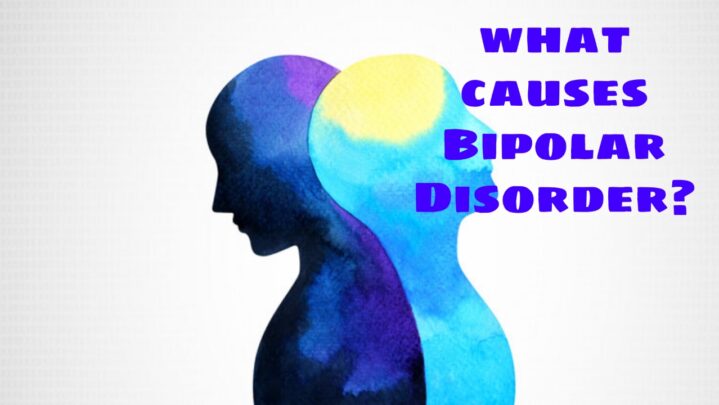Bipolar disorder can affect both children and adults (also known as manic depression). Many people are unaware of the sickness, which stigmatizes those who suffer from it. Bipolar disorder may have multiple causes. Instead, scientific evidence suggests that bipolar disorder is caused by a combination of physiological, genetic, and environmental variables that can trigger and maintain chemical imbalances in the brain.
Genetic causes
The most common psychiatric condition to be passed down the generations is bipolar disorder.
There is a 10% probability that a child will get the bipolar disorder if one parent has the illness.
If both parents have bipolar disorder, their child has a 40% chance of having it.
However, just because one member of the family has bipolar disorder does not guarantee that others will.
Environmental factors
1. Life’s stressful events
Stressful life circumstances might occasionally trigger the onset of bipolar disorder. People with bipolar disorder may benefit from learning stress management and reduction techniques, as emotional stress can induce relapse.
2. Seasonal influences
The sudden rise in hours of strong sunlight is hypothesized to produce sadness and mania by altering the pineal gland, albeit this is not a direct cause.
Bipolar disorder and alcoholism
Manic or hypomanic episodes can be triggered by antidepressants in certain persons. A high that resembles Bipolar disorder can be induced by some substances. Drugs like cocaine, ecstasy, and amphetamines, as well as hormone-balancing medications like prednisone and other corticosteroids and extremely high caffeine levels, fall into this category.
Keep reading successyeti.com
Also Read: 6 Super Benefits Of Hot Chocolate





